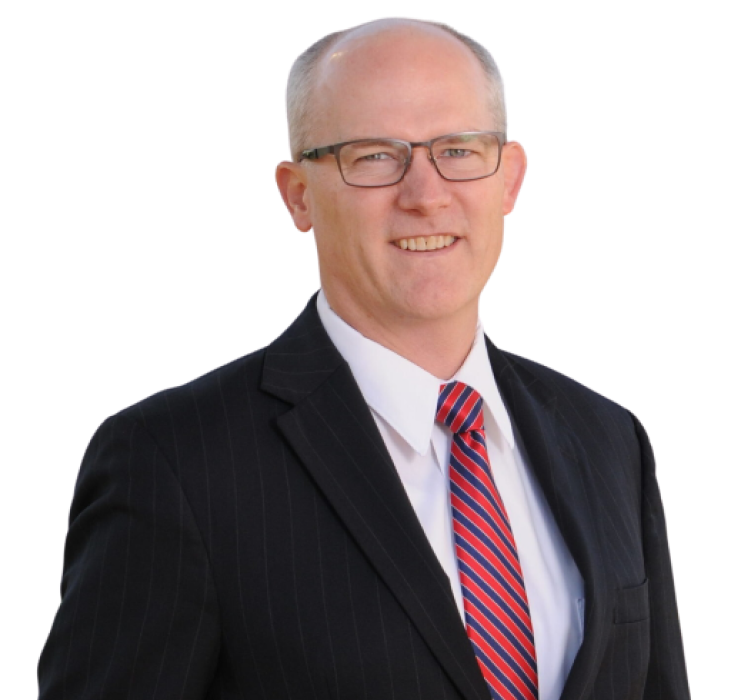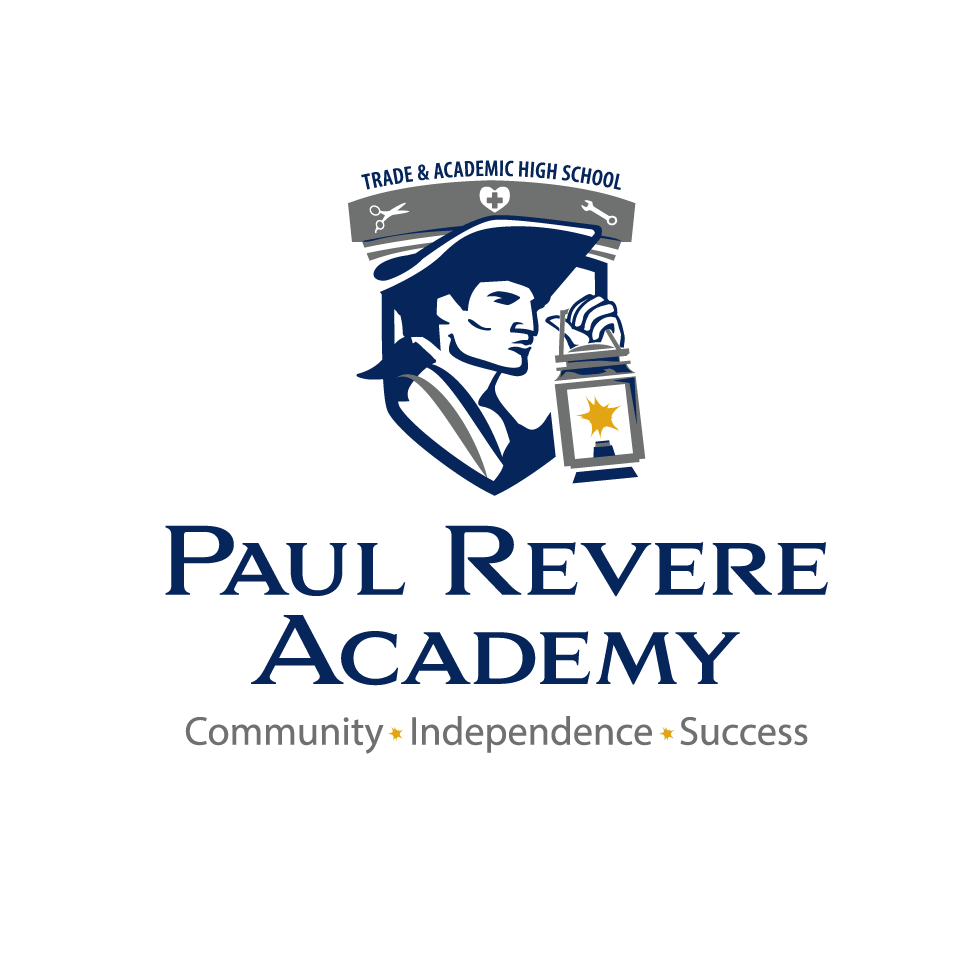American Classroom:
Stories of building a civil society
Discover the power of education in achieving the American dream. Join hosts Jared Taylor and Lindsey Crosland on ‘American Classroom: Stories of Building a Civil Society’, the show dedicated to exploring the dynamic range of education options available to parents and students. We work with educators, experts, and parents to find ways to make schools a safer place, capture opportunities for youth, and multiply the talents of our children.
America at 250: Courage, Service, and the Next Generation With Lynn Young
In honor of America’s 250th birthday, this episode dives into how educators, students, and families can take part in a once-in-a-generation celebration of the country’s founding. Hosts Jared Taylor and Lindsey Lundeen Crosland speak with Lynn Young from America250,...
Teaching 1776 to the Class of 2026 With Earl Taylor
As America approaches its 250th birthday, Jared Taylor welcomes his father, educator and Heritage Academy founder Earl Taylor, for a thoughtful conversation on what today’s students must understand about 1776. Drawing on decades in the classroom, Earl explains why the...
Teaching the Holocaust With Empathy and Purpose
Holocaust education is more than a history requirement. It is a lesson in empathy, courage, and moral responsibility. In this episode of the American Classroom Podcast, hosts Jared Taylor and Lindsey Crosland sit down with Leigh Routman, Executive Director of the...
School Choice Done Right: Finding the Best Fit for Your Child
School Choice Done Right: Finding the Best Fit for Your ChildSchool choice can feel empowering and overwhelming at the same time. Jared Taylor and Lindsey Crosland welcome Dr. Barbara Duncan and Liz Dreckman to explain how Arizona became a national model and what...
Meet Principal Nelson and the New K5 Campus in Maricopa, AZ
In this episode, listeners meet Principal Tera Nelson, the founding leader of the new Heritage Academy K5 campus in Maricopa, Arizona. She shares her path from military service to early childhood education and now school leadership, highlighting the values that drew...
Graduate High School With a College Degree Through Dual Enrollment
Jared Taylor and Lindsey Crosland welcome Rio Salado College President Kate Smith for a compelling discussion on dual enrollment, equity in education, and the future of learning. Kate reflects on Rio Salado’s mission to meet learners where they are, from high school...
Meet The Hosts

Jared Taylor

Lindsey Lundeen Crosland
With a shared passion for education, civic responsibility, and the promise of the American dream, Jared Taylor and Lindsey Crosland bring deep experience, insight, and heart to American Classroom. Together, they explore what it means to build strong schools, strong families, and a strong nation.
Our Partners
Heritage Academy is dedicated to youth, their growth and development. The purpose of education is to build strong character. Strong character is reflected in strong families, strong communities and a strong nation.
Get In Touch
Have a question, comment, or story idea? Whether you're an educator, parent, or passionate listener, we welcome your feedback and ideas. Reach out and connect with the American Classroom team today.








